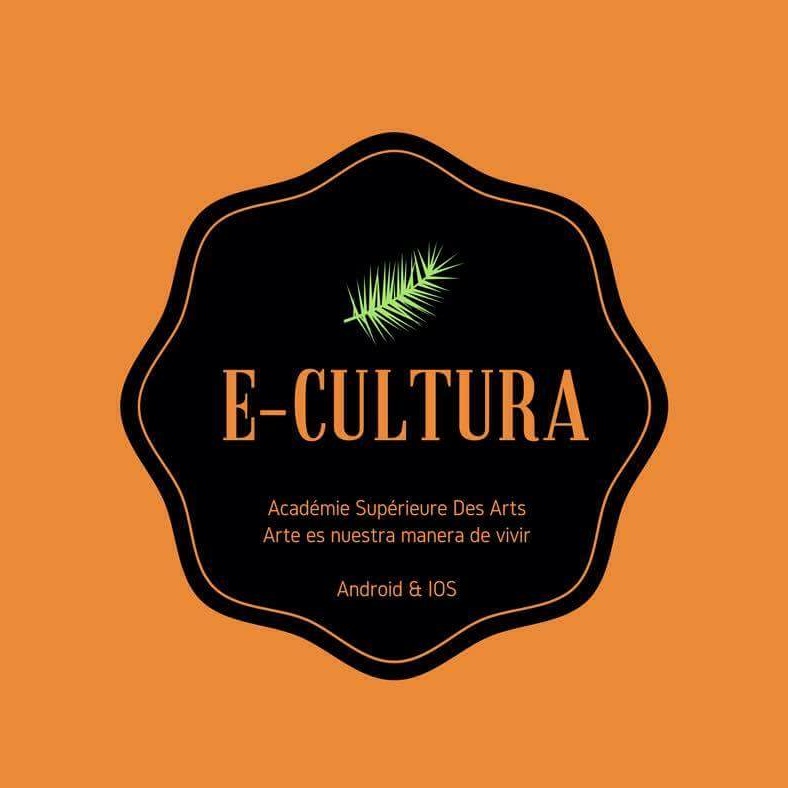
Anouar Kablaoui [El Nura Hermano professional nickname ] : Composer and concert guitarist specialized in flamenco.
Since 2007, I have taught classical and flamenco guitar in different conservatories.
In 2010 I founded the first Flamenco Club in Tunisia. I have been working simultaneously in the sector of film industry as an artistic director, composing and performing musical soundtracks for both movies and documentaries.
May you know that projects of high quality cannot be realized without a solid and deep training and coaching, this is why in December 2015 I decided to launch The High Academy of Arts :the first center dedicated to Tunisian talents that provides professional art classes for youth and adults helping them to follow their passion.
Our academy offers a high-quality education in various artistic fields that are increasingly interrelated in our society, including music, dance, theater, audiovisual technology, graphic design, photography and performing arts.
The Academy is not only one of the country’s leading institutions for the development of an amateur practice of arts, but also a place that gathers young talents , experimented arts teachers and art flowers.
The main issue that our community of artists are facing in my country is the lack of a recognized certification in the various artistic disciplines. The existing structures – mainly private conservatoires and academies – are indeed not habilitated to deliver such diplomas. It is against this background that emerged the idea to establish the High Academy Of Arts: a center for professional training entitled to deliver recognized certifications in the artistic field. Our institution thus aims at filling a crucial need in this professional sector in Tunisia.
The Academy’s education project
Soon after its creation the Academy demonstrated the quality of its education. For two successive years (2016 & 2017), four of its minor students obtained the Artistic Professional Card – delivered by the Tunisian Ministry of Culture – as well as all its adult students who ran for the national examination.
The Academy indeed puts significant efforts in to provide a good quality of training for its students : combining individual courses, with group workshops, organizing study trips and online classes provided by international professors. This comprehensive curriculum aims, on one hand to ensure the diversity of the education received by the students, on the other hand, to boost their intellectual curiosity and cultural open-mindedness
We especially take care of our senior students and we support them during their graduation projects, which are mandatory to obtain their diploma.
Our greatest challenge is to deliver a serious and high-quality artistic projects realized by our students individually or in a team.
We also consider essential, that the projects delivered can compete in the national and international industry
The E-CULTURA Social Project:
The centralization of artistic education and cultural activities remain a concerning issue in today’s Tunisia. Acting to reduce the regional unbalance in the cultural field is at the heart of our mission in the Academy’s E-CULTURA project.
Our first goal is sharing the Academy’s rich and high-quality art courses with the most deprived regions in Tunisia. Through a mobile application developed by young Tunisian engineers, the Academy have the ambition to provide a free access to its courses to the youth of the marginalized regions. A first phase of the project will initially cover six governorates identified as most in need of cultural education (Kebili, Kasserine, Sidi Bouzid, Kef, Siliana and Jendouba), so the locals of this regions will attend online our courses and workshops .
Besides, the project aims to spread the values of culture and make a larger impact in this regions giving the opportunity to the locals to attend several cultural events taking place in Tunis and organized by our partner organizations – including national institutions as well as foreign cultural centers –through free live broadcasting.
The technology we use :
The e cultura student : An original pedagogical design to facilitate the relationship between the teacher and the class in the presence of a diffusion camera we have developed a dummy integrated by a touch pad on the back and a camera in front to make the relationship between classmates And the Professor more intimate fluid and warm, which guarantees the smooth operation of the course and its transmission.